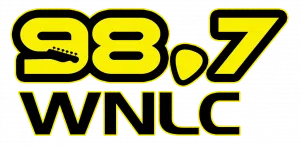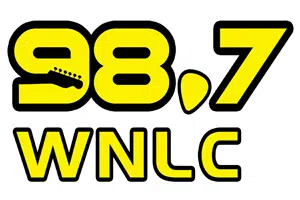BUDGET SIGNED
Governor Dannel Malloy says he’s signed a bipartisan state budget, but used his limited line-item veto power to scrap portions of the legislation related to a problematic tax on Connecticut’s hospitals. Malloy has said he believes the language concerning the hospital tax puts about $1 billion in federal funding at risk. The revenue is tied to the tax as part of a complicated reimbursement formula. Democratic and Republican lawmakers passed the two-year, $41.3 billion bipartisan plan last week with enough support to override a veto, if that became necessary. The agreement had been crafted by legislative leaders, without Malloy in the room.
MILLSTONE BILL SIGNED
A controversial measure regarding the future viability of the Millstone Nuclear Power Station in Waterford is signed into law by Governor Malloy. The legislation would have state regulators be able to allow Millstone to compete more favorably against solar, wind and hydro-power. The action, though, could only happen if a market study determines it would be in the public interest. That study won’t be completed until February. Opponents of the measure say it shouldn’t have been approved until the study was completed. Millstone officials strongly hinted that Millstone Units 2 and 3 would be prematurely retired, if the legislation wasn’t approved.
CRASH VICTIM GETS MONEY
A Montville woman is receiving $1.45 million as part of a settlement in a January, 2014 car crash. 53-year old Andrea Bettencourt was critically injured when she was hit head-on on Route 12 in Ledyard by a motor vehicle driven by 64-year old Moses Jones of Groton. Jones was killed. Bettencourt is receiving the money from Jones’ estate, which she sued. She also has a suit filed against the Mohegan Tribal Gaming Authority, as Jones was intoxicated at the time of the crash after having been drinking at Mohegan Sun.
ANTI-TRUST LAWSUIT
Connecticut Attorney General George Jepsen and 45 of his colleagues are seeking to expand a federal antitrust lawsuit against generic drug-makers to include more manufacturers and medications, as well as senior executives at two companies. Led by Connecticut, the states sought a federal court’s permission to widen their complaint, which alleges a number of illegal agreements between now 18 manufacturers to fix prices and divvy up the market for specific generic drugs. The original lawsuit filed last year claimed six drug-makers artificially inflated and manipulated prices for two drugs, an antibiotic and an oral diabetes medication.







